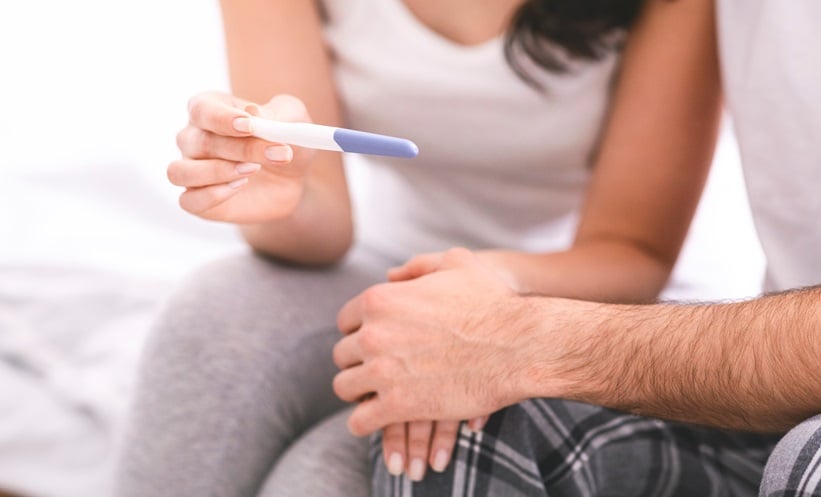BREAST cancer is the most commonly diagnosed cancer in women of reproductive age, and a critical concern for some young women with breast cancer who wish to have children is the risk of premature ovarian insufficiency (POI) and reduced fertility from cancer treatments. A new systematic review by Arecco L, School of Medicine, University of Genova, Italy, and colleagues aimed to provide updated evidence on the safety of pregnancy following hormone receptor-positive early breast cancer.
The search, involving a comprehensive literature search of Medline, Embase, and Cochrane Library up to 31 March 2023, focused on studies examining the impact of pregnancy on survival outcomes in this patient group. Eligible studies included retrospective or prospective case-control or cohort studies, as well as clinical trials comparing survival outcomes (overall survival, disease-free survival, breast cancer recurrences) between women who became pregnant after diagnosis and those who did not.
The review and meta-analysis included eight studies of a total 3,805 patients with hormone receptor-positive invasive early breast cancer: 1,285 had a post-treatment pregnancy, and 2,520 did not. The mean age at diagnosis was 31.0–34.2 years for those who became pregnant and 32.0–40.0 years for those who did not. Two studies reported that the pregnancy cohort had significantly shorter durations of adjuvant endocrine therapy compared to the non-pregnancy cohort (50 versus 60 months, and 20.9 versus 42.3 months). The analysis found that pregnancy after breast cancer treatment is safe, with no negative impact on disease-free survival (hazard ratio: 0.96) and an improved overall survival (hazard ratio: 0.46).
Historically, recommendations advised waiting until after endocrine therapy to conceive, often delaying pregnancy by at least 5 years. The present systematic review and meta-analysis of retrospective cohort studies showed that having a pregnancy in patients with a prior history of hormone receptor-positive early breast cancer appears safe without detrimental effects on prognosis. Therefore, it was concluded that, following adequate treatment and follow-up, pregnancy should not be discouraged in this patient population.
Katie Wright, EMJ
Reference
Arecco L et al. Safety of pregnancy after breast cancer in young women with hormone receptor-positive disease: a systematic review and meta-analysis. ESMO Open. 2023;8(6):102031.








